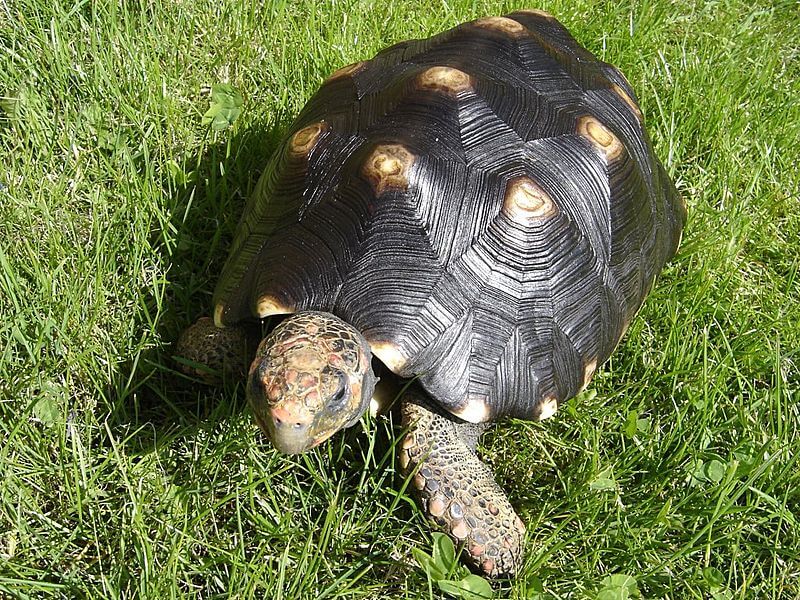The 2011 Ignoval Awards were presented on Thursday, September 29 for research that makes you laugh and then think

As every year just before the announcement of the Nobel winners, researchers at MIT present the Ignobel Prizes for achievements that first make you laugh and then make you think.
The prize for physiology: Anna Wilkinson from Great Britain, Nathalie Savage from the Netherlands, Isabella Mandel from Austria and Ludwig Huber, also from Austria, won the award for research "There is no evidence of contagious yawning in red-footed turtles.
The prize in chemistry: Makoto Imai, Naoki Uroshihata, Hideki Tanmura, Yukinobu Tajima, Hidekai Goto, Koichiro Mizoguchi and Junji Murakami from Japan passed the determination of the ideal density for airborne wasabi to wake people in the event of a fire or emergency and to use the knowledge to develop Wasabi alarm for which a patent was applied for on February 5, 2009.
The prize for medicine: Miriam Tuck from the Netherlands and Great Britain) Trump from the Netherlands and Luc Warlup from Belgium spoke at the dinner, Peter Schneider and Robert Fledemat from the USA, and three Australians - Robert Pirczak, David Darby and von Maroff about explaining the fact that people make good decisions about certain kinds of things but bad decisions about other things when they have a need Urgent to urinate (these are two different groups that published their studies this year).
The prize in psychology: Karl Halvor Teigen from the University of Oslo in Norway for trying to understand why people sigh in everyday life.
The prize in literature: John Perry from Stanford University in the USA - the theory of structured procrastination, which says: to reach great achievements you will always work on something important, and use it to avoid something even more important."
The prize in biology Given to Darryl Gaine and David Rentz, both of whom are also Australians, for discovering a beetle that made love to an Australian beer bottle.
The prize in physics: Philippe Perrin, Cyril Perrault, Dominique Deutren and Bruno Regeau from France and Herman Kingma from the Netherlands for determining why discus throwers' heads spin and hammer throwers don't.
The prize in mathematics: Dorothy Martin from the USA who predicted that the world would end in 1954, Pat Robertson from the USA who predicted the end of the world for 1982, Elizabeth Clare - an American prophetess who predicted that the world would end in 1990, Lee Jang Rim from Korea who predicted it for 1992, Cardonia from Verinda From Uganda who predicted that the world would be destroyed in 1999, and Harold Camping from the West who predicted that the world would end on September 6, 1994 and later postponed the end to October 21, 2001 for teaching the world to be careful when making mathematical estimates and calculations.
The prize for peace: Arturz Zouks, mayor of Vilnius who stood out for showing a way to solve the illegal parking problem of luxury cars by running them over with a tank.
The Public Safety Award: John Sanders from the University of Toronto in Canada, for conducting a number of safety tests in which a person drove a car on a highway while a safety mask flapped in front of his face and blinded him.

6 תגובות
I greatly appreciate Blizovsky and the scientist, but there are too many typing/spelling/writing/wording errors that undermine the confidence in the accuracy of the presentation of the scientific topic. I got tired and gave up reading. Maybe I'll come across the English original someday. Thanks
mating
How do you translate MATE?
write "a beetle that made love" consider writing "a lawnmower who felt unrewarded"
Is the percentage of Jews significant among the grooms and brides of this award?
There are spelling and printing errors in the adapted article.